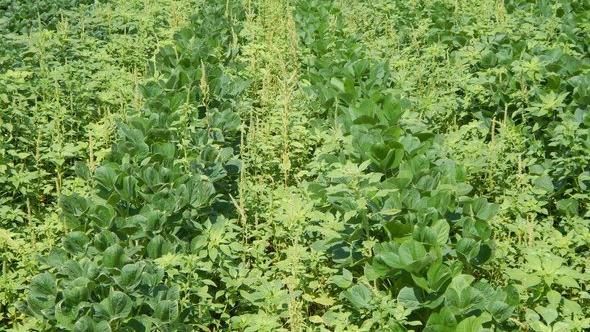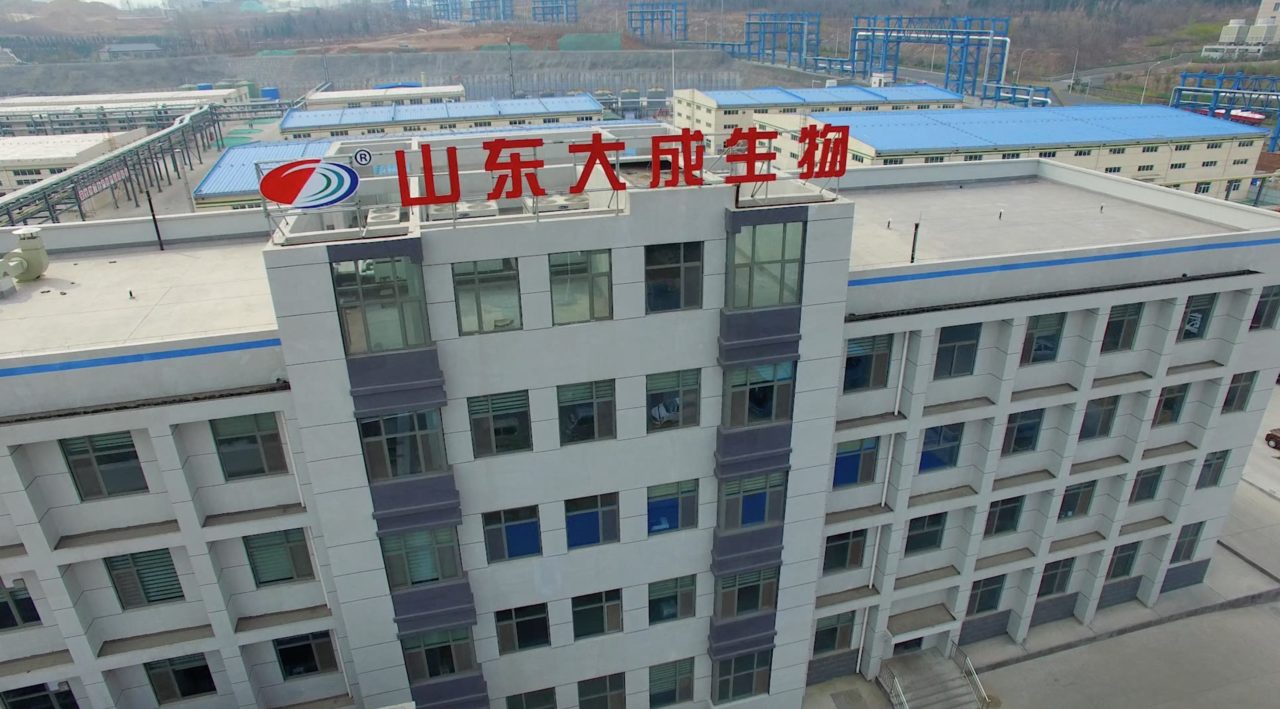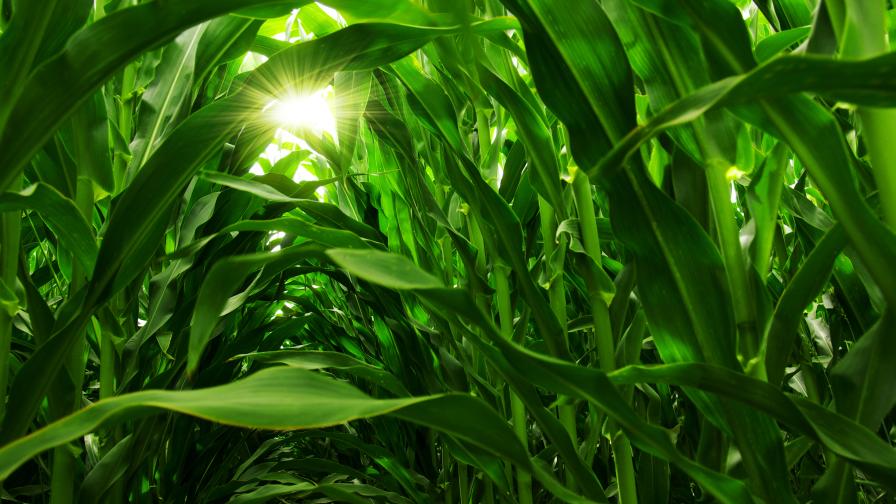Egypt: Cotton Area, Production Dips
ELS seed varieties, particularly Giza70, have been compromised, leading to declining prices. ELS varieties will comprise 20% of the country’s cotton crop, a 6% decrease from 2006/2007. The major ELS varieties grown in the country are Giza 45, Giza 87 and Giza 88. The remainder of the crop is comprised of the LS varieties Giza 80, Giza 83, Giza 85, Giza 86, Giza 89, and Giza 90.
Every year the government specifies certain varieties of cotton for each growing region, and farmers are obligated to cultivate those varieties, and the country’s Ministry of Agriculture continues to be the sole distributor of cottonseed. In order to encourage early cultivation to conserve water, the government provides assistance to cotton farmers who cultivate their crops before March 31 to help with the costs of production such as land preparation, pesticide and planting seeds.
Consumption and Utilization
For 2007/2008, total cotton use is projected at 970,000 bales, which would be the first increase in several seasons. Until a few years ago, the country’s annual requirement for raw cotton averaged between 1.2 and 1.4 million bales. Approximately 60% of the total cotton consumption is imported, primarily from Greece and Sudan. This imported cotton is used in the production of coarse count fabrics (Ne 20/1 to Ne 30/1), which are used for shirts, knitwear, and toweling. Textile and garment exporters also import fabric from cheaper sources such as Syria, Pakistan, and India. This is done under the temporary admission system of imports, which allows manufacturers to import their inputs duty-free if the end products are exported.
Exports for 2006/07 were down, with current USDA-FAS estimates at 380,000 bales of exported cotton, down from 438,000 bales last year. Exports are forecast to fall again in 2007/08 due to the drop in production and the relatively high cost of production — the average production cost for Egyptian cotton is US $1.11/lb, while average export price is US $1.05/lb.
In order to promote the sale of Egyptian cotton, ALCOTEXA and the Ministry of Foreign Trade developed an Egyptian Cotton logo, which is marketed by “Cotton Egypt,” the Fiber Promotions Department of ALCOTEXA. The Logo is to be used on products made from 100% Egyptian Barbadense cotton and is licensed in Egypt to cotton growers that follow specific growing instructions.





